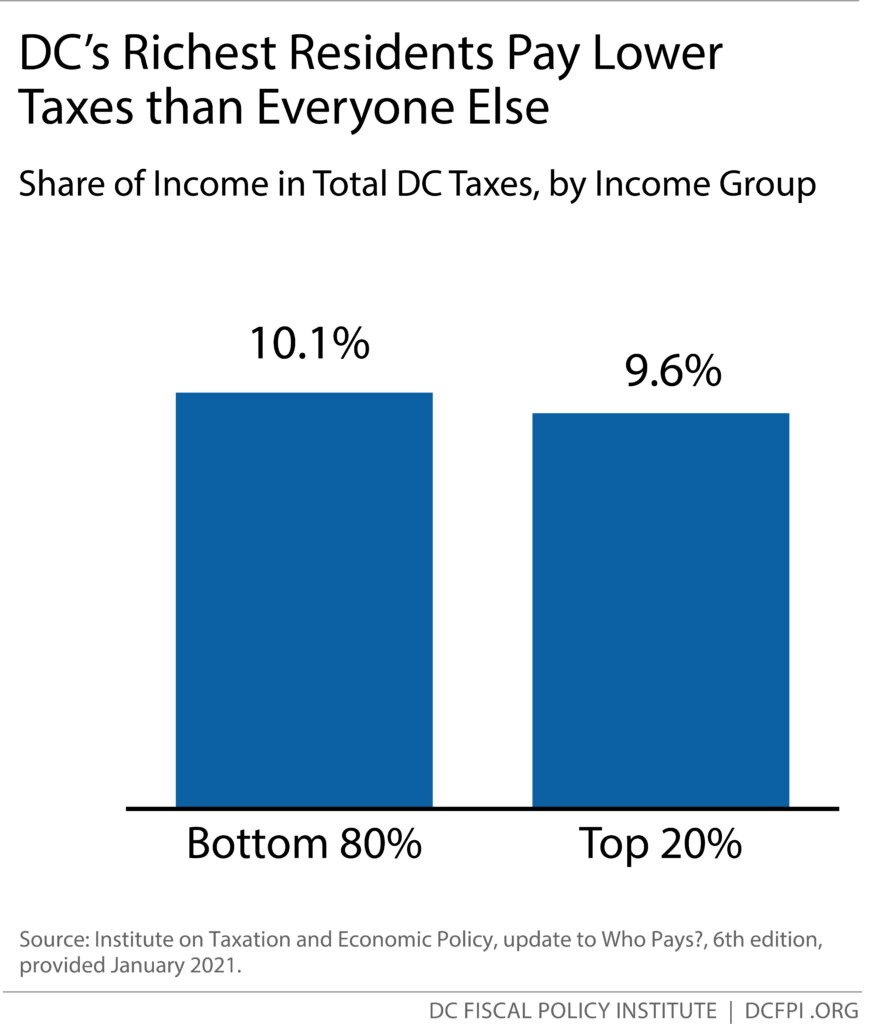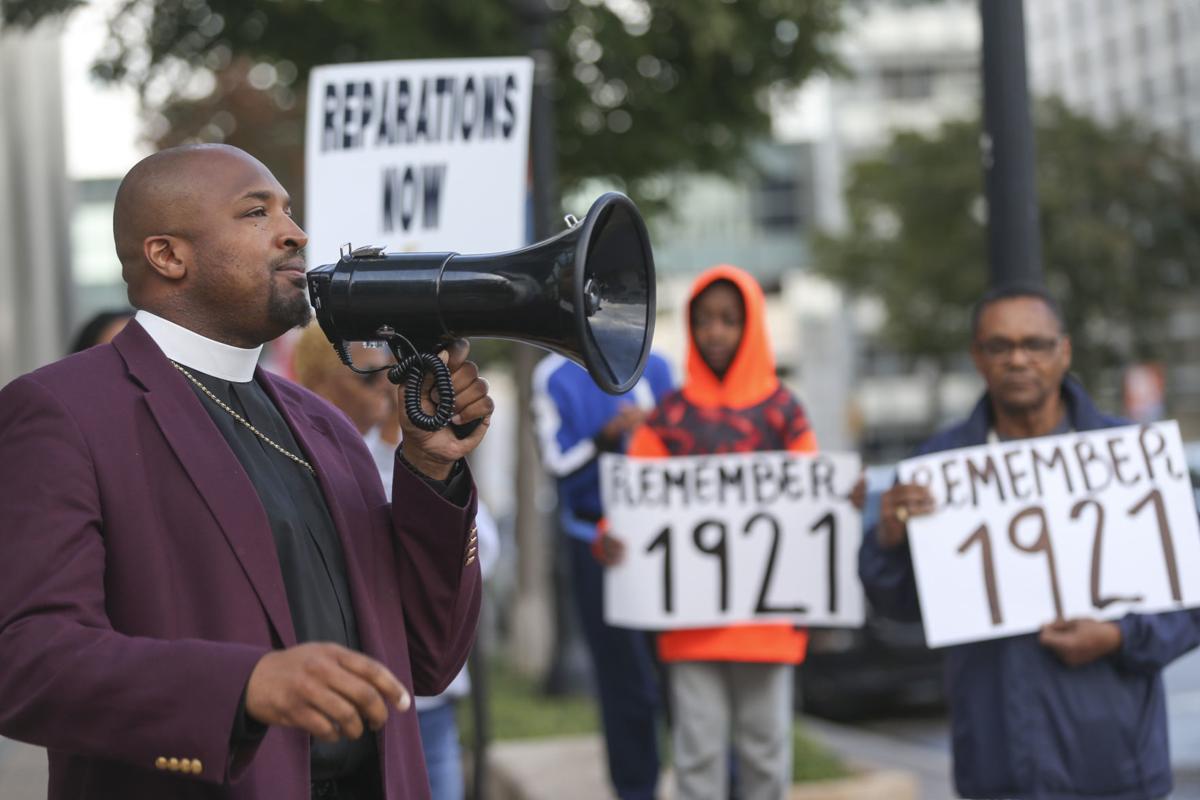Doubtful. That would mean fewer Doritos for him.
Exactly. Just another democrat talking out their ass.
Doubtful. That would mean fewer Doritos for him.
Exactly. Just another democrat talking out their ass.

He's willing to be generous with someone else's money, though, isn't he?
All democrats are Legion. They few that actually work and pay taxes take every single deduction though. Fucking frauds.
Indeed. The "rich" already pay close to 97% of the federal income taxes in this country, but that's not enough, according to some. Naturally DEMOCRATS will find a way to avoid being taxed themselves, though, won't they?
They sure do.

Let's see how many swamp creatures in DEMOCRAT-dominated DC are paying "their fair share", shall we?


Ten men go out for dinner. The bill for all ten comes to $100. If they paid their bill the way we pay our taxes, it would go something like this:
So, that's what they decided to do.
- The first four men (the DEMOCRATS) would pay nothing.
- The fifth would pay $1.
- The sixth would pay $3.
- The seventh $7.
- The eighth $12.
- The ninth $18.
- The tenth man (the richest) would pay $59.
The ten men ate dinner in the restaurant every day and seemed quite happy with the arrangement, until one day, the owner threw them a curve. "Since you are all such good customers," he said, "I'm going to reduce the cost of your daily meal by $20." So, now dinner for the ten will only cost $80. The group still wanted to pay their bill the way we pay our taxes.
So, the DEMOCRATS were unaffected. They would still eat for free. But what about the other six, the paying customers? How could they divvy up the $20 windfall so that everyone would get his 'fair share'?
The six men realized that $20 divided by six is $3.33. But if they subtracted that from everybody's share, then the fifth man and the sixth man would each end up being 'PAID' to eat their meal. So, the restaurant owner suggested that it would be fair to reduce each man's bill by roughly the same amount, and he proceeded to work out the amounts each should pay.
And so:
Each of the six was better off than before. And the DEMOCRATS continued to eat for free. But once outside the restaurant, the men began to compare their savings.
- The fifth man, like the DEMOCRATS, now paid nothing (100% savings).
- The sixth now paid $2 instead of $3 (33% savings).
- The seventh now paid $5 instead of $7 (28% savings).
- The eighth now paid $9 instead of $12 (25% savings).
- The ninth now paid $14 instead of $18 (22% savings).
- The tenth now paid $49 instead of $59 (16% savings).
"I only got a dollar out of the $20," declared the sixth man. He pointed to the tenth man "but he got $10!"
"Yeah, that's right," exclaimed the fifth man. "I only saved a dollar, too. It's unfair that he got ten times more than me!"
"That's true!!" shouted the seventh man. "Why should he get $10 back when I got only $2? The wealthy get all the breaks!"
"Wait a minute," yelled the DEMOCRATS in unison. "We didn't get anything at all. The system exploits the poor!" The nine men surrounded the tenth and beat him up.
The next night the tenth man didn't show up for dinner, so the nine sat down and ate without him. But when it came time to pay the bill, they discovered they didn't have enough money between all of them for even
half of the bill.
HA!! OUTSTANDING!
I want reparations from blacks. My great grandfather fought for the North and helped free them. They owe me, and I want interest!
Explain to me how Yankees "liberated" black people in America. I'll wait.

I'll let our Constitution. Read the 14th. Amendment.
Yeah no. How did yankees "liberate" black people in the South. That is something that never happened.
Go talk to old black people in GA and hear what they think about yankees, k?
That's who I learned about General Sherman from. True Story.
There is no Yankee love there. No.
I've sided with you fucks quite often.
You want to start another fucking war?
If you're that stupid, you liberals will get another ass kicking.



PS: I'm not a Social Marxist, I'm a Cracker. When they say "cracker", it's me they are talking about.
